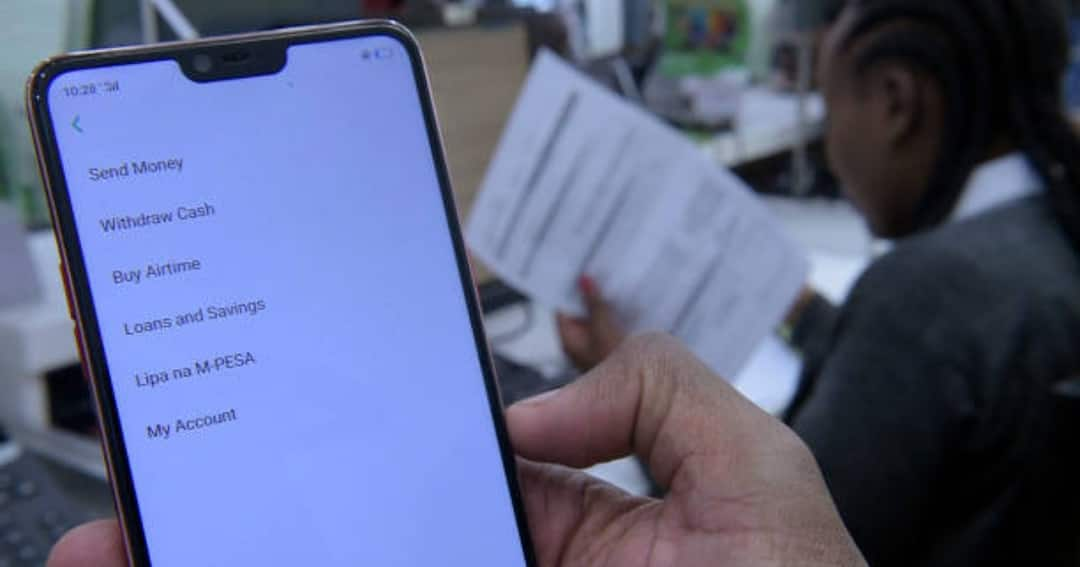The report revealed Kenyans borrowed KSh 220.38 billion in the first six months of 2021, up from KSh 972.3 million in a similar period in 2020
The Fuliza service was launched in 2019 and allowed customers to complete transactions even with insufficient balances in their M-Pesa accounts
Safaricom’s sustainability report revealed the number of Fuliza customers doubled from 10.7 million in 2019 to 20.8 million in 2020
A new report by giant telecommunications company Safaricom has shown Kenyans borrowed KSh 1.2 billion daily on the Fuliza overdraft service. The Fuliza service is popular among ordinary Kenyans. Photo: Getty Images. Source: Getty Images The report revealed Kenyans borrowed KSh 220.38 billion in the first six months of 2021, up from KSh 972.3 million in a similar period in 2020.
The increased figure indicated citizens income had been significantly affected by the COVID-19 pandemic leading them to turn to short-term expensive debts to make ends meet.
The Fuliza service was launched in 2019 and allows customers to complete transactions even with insufficient balances in their M-Pesa accounts.
Do you have a groundbreaking story you would like us to publish? Please reach us through news@tuko.co.ke or WhatsApp: 0732482690.
The service is underwritten by NCBA Group and the Kenya Commercial Bank (KCB) Group.
NCBA Group chief executive John Gachora said he expects it to continue growing. “Fuliza is still on a growth path; that is why you see the most growth in digital loans this year is coming from Fuliza. We expect it to grow for some time, and we still feel there is leeway for growth, Business Daily quoted Gachora. Eight-fold increase in transactions
Safaricom’s sustainability report revealed that Fuliza customers doubled from 10.7 million in 2019 to 20.8 million in 2020. This, in turn, led to the increase in the amount disbursed from KSh 29 billion to a whopping KSh 245 billion, with the number of transactions shooting up from 46.4 million to 392.9 million, highlighting how Kenyans were broke during the period under review. "The traction that the popular facility had from its launch in January 2019 continued through the period under review with strong growth in both the number of customers and volume of disbursements," part of the sustainability report read. Safaricom chief executive officer Peter Ndegwa said the company had provided a crucial lifeline to subscribers following the outbreak of the coronavirus pandemic, which had ravaged the economy, rendering millions […]
